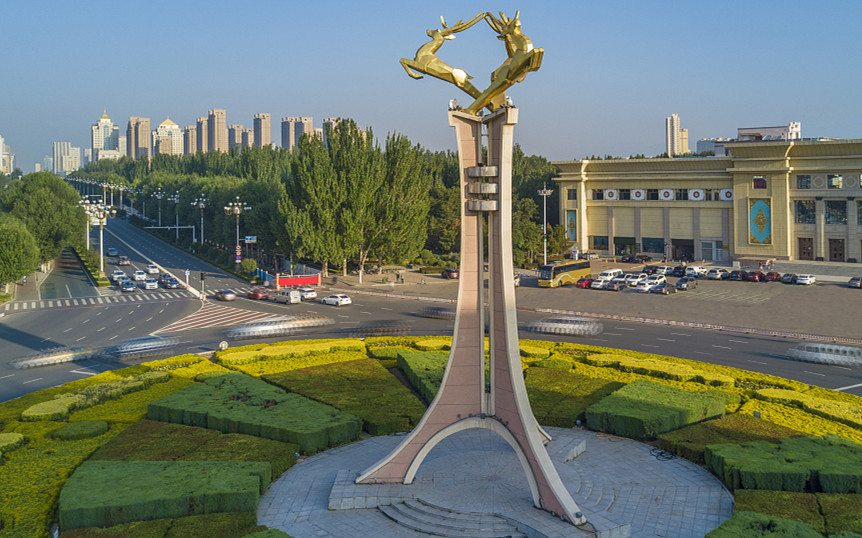Baogang signs international purchase orders worth 2.76b yuan at CIIE
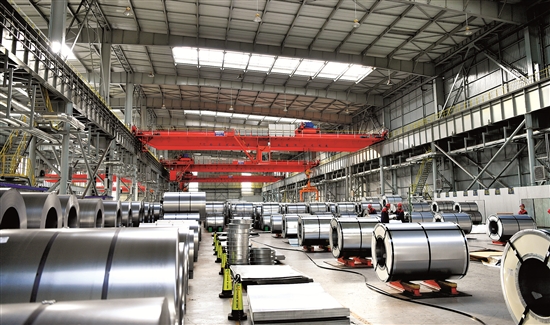
A steel production workshop owned by Baogang Group, the largest steel company in Inner Mongolia autonomous region [Photo/Baotou Daily]
Baogang Group, the largest iron and steel manufacturer in Baotou, North China's Inner Mongolia autonomous region, signed international purchase orders worth 2.76 billion yuan ($420 million) with global companies including Germany-based Siemens at the third China International Import Expo (CIIE), which was held in East China's Shanghai on Nov 5 to 10.
The cooperation will help Baogang move towards its green, ecological and high-quality development goals.
Baogang signed a strategic framework agreement with Siemens in 2018. In the intervening three years, the manufacturer has purchased approximately 30 million yuan in Siemens products, saving approximately 9 million yuan in procurement costs.
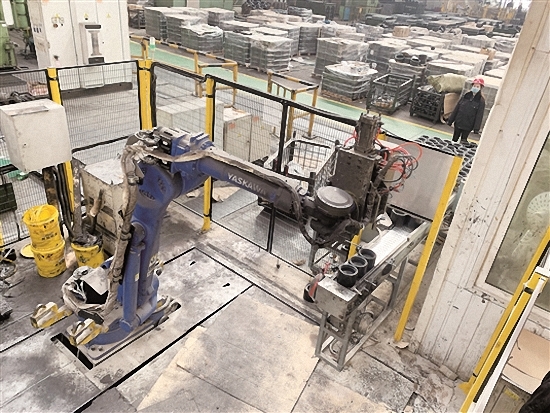
Baogang Group's industrial robots are used in dangerous, harsh environments and production lines with repetitive work. [Photo/Baotou Daily]
Founded in 1847, Siemens is a German conglomerate company headquartered in Berlin and Munich. It is the largest manufacturing and electronics company in Europe with branch offices in more than 200 countries.
Siemens has long been a prominent business partner for Chinese companies. The history of Siemens in China dates back to 1872, when the company delivered the first pointer telegraph to China. The company manufactured the first steam generator and built China's first tram line at the end of the 19th century. The company continues to provide first-class services to its customers by establishing an alliance with local IT companies in China.
Also, Baogang has signed a memorandum of cooperation with Australia-based Fortescue Metals Group (FMG), which has a number of super-large mines in the world, and deals in mining, processing, and shipping.
In 2017, Baogang began to do business with FMG. So far, it has provided Baotou with nearly 13.4 million metric tons of ore, which has played an important role in balancing Baogang's ore blending and reducing the cost of sintering.

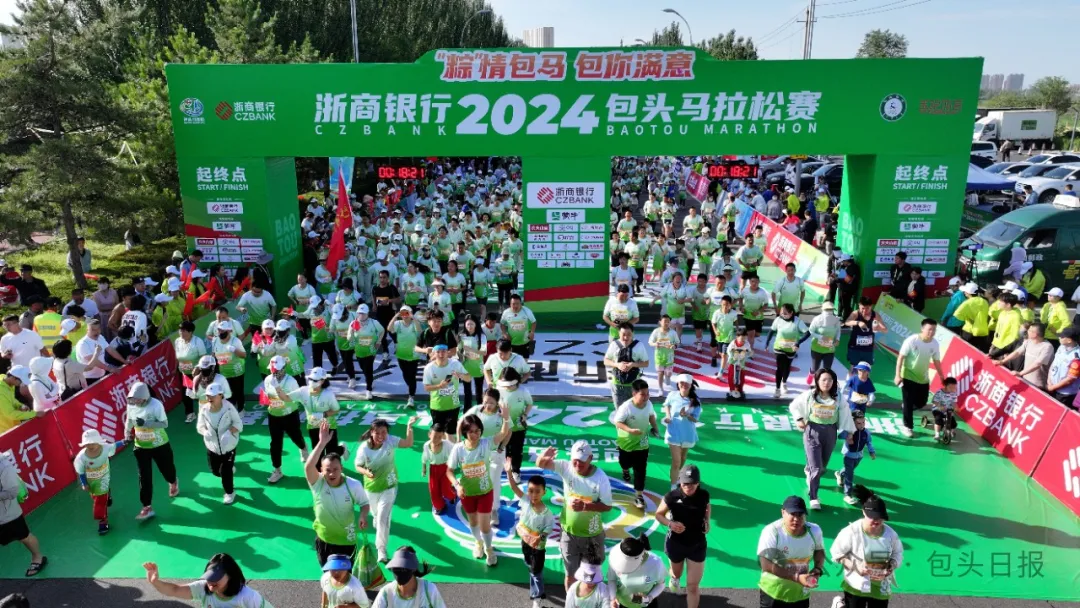
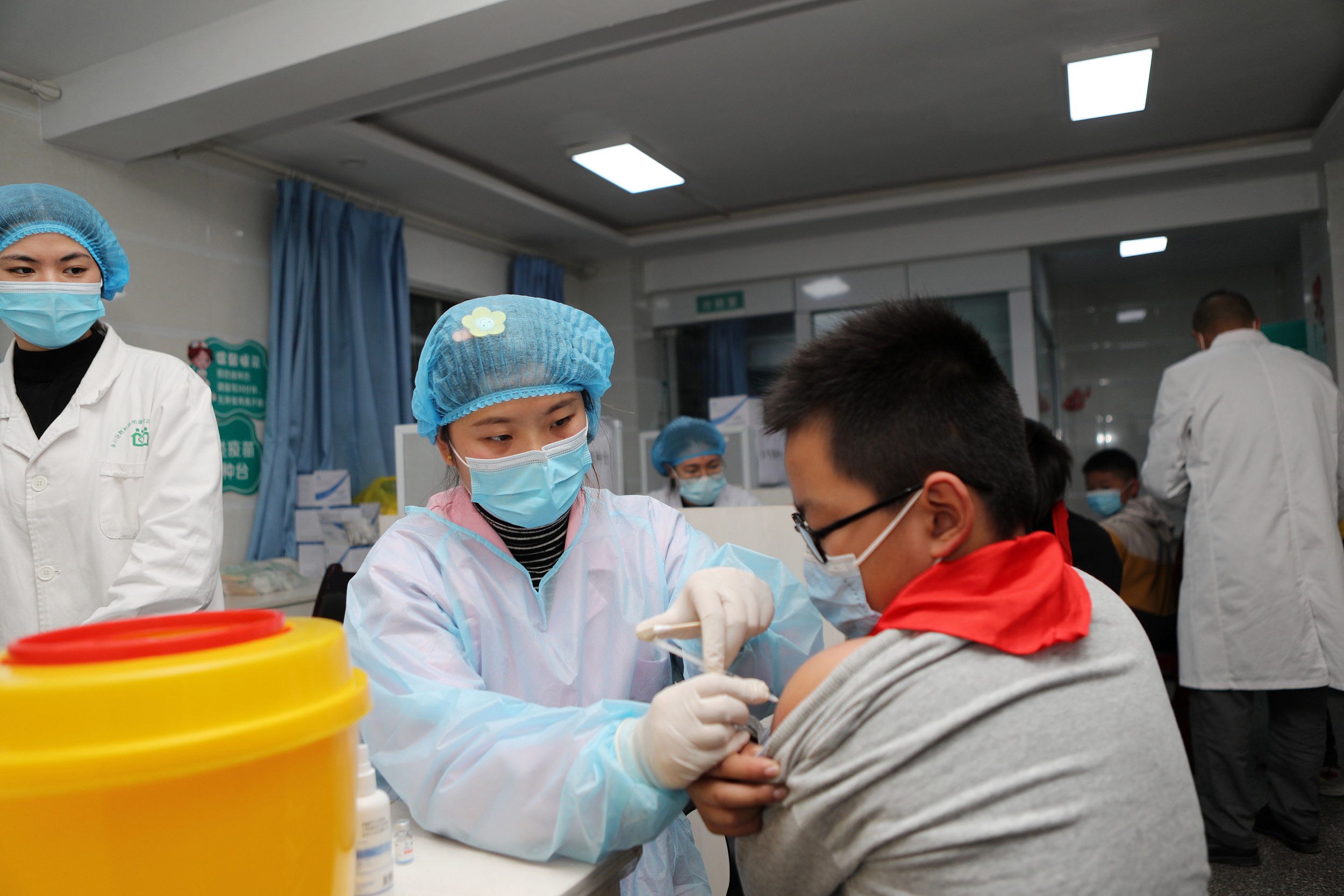
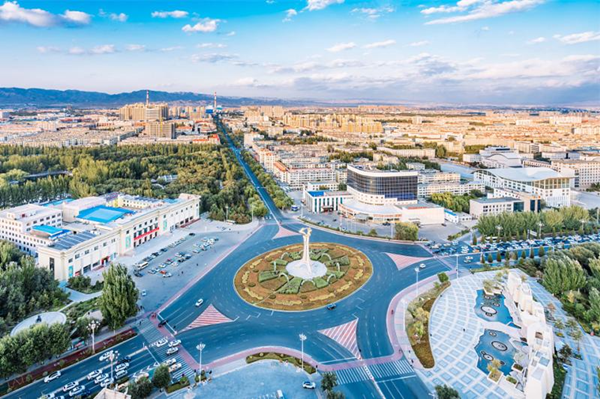

 Sketching and creation tour in Baotou
Sketching and creation tour in Baotou